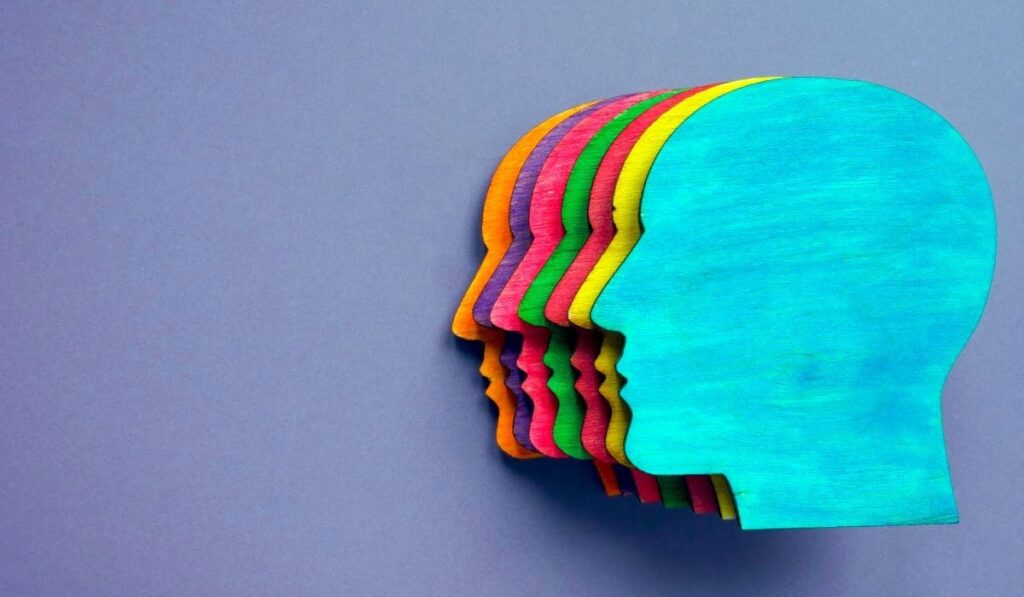New data from Creative Equals shows a positive correlation between inclusive marketing and greater effectiveness among Effie UK award winners.

The case for inclusive marketing has most commonly been an ethical one. Brands should do it because it is the right thing to do. New research from Creative Equals and Effie, however, clearly shows inclusive marketing is effective marketing and a “powerful growth strategy” for future-focused brands.
Creative Equals analysed all 52 Effie UK 2024 winning and finalist campaigns, and found 58% of the winning campaigns had inclusion at their core, as opposed to only 46% of finalists. The campaigns were judged against a criteria that included community impact, inclusive targeting, inclusive partnerships, conscious strategy and creative effectiveness.
“For brands, inclusive marketing strengthens brand equity and builds long-term business resilience,” says Ali Hanan, founder and CEO of Creative Equals.
 The case for inclusive marketing has most commonly been an ethical one. Brands should do it because it is the right thing to do. New research from Creative Equals and Effie, however, clearly shows inclusive marketing is effective marketing and a “powerful growth strategy” for future-focused brands.
The case for inclusive marketing has most commonly been an ethical one. Brands should do it because it is the right thing to do. New research from Creative Equals and Effie, however, clearly shows inclusive marketing is effective marketing and a “powerful growth strategy” for future-focused brands.
Creative Equals analysed all 52 Effie UK 2024 winning and finalist campaigns, and found 58% of the winning campaigns had inclusion at their core, as opposed to only 46% of finalists. The campaigns were judged against a criteria that included community impact, inclusive targeting, inclusive partnerships, conscious strategy and creative effectiveness.
“For brands, inclusive marketing strengthens brand equity and builds long-term business resilience,” says Ali Hanan, founder and CEO of Creative Equals.
“The data is unequivocal: inclusion isn’t just ethical; it’s a powerful growth strategy for future-focused brands.”
The research revealed a relationship between higher inclusion scores and higher Effie UK Award levels, indicating inclusion can fuel effectiveness and deliver commercial results.
“This study explores the link between Effie Award level and inclusion scores,” says Rachel Emms, managing director at Effie UK. “It prompts a vital question: could brands unlock even greater success by embracing inclusive marketing?”
The most successful campaigns came from those brands which embedded inclusion at every level, rather than just in the creative execution itself. Those campaigns which prioritised conscious strategy and inclusive partnerships measured a noticeable boost in effectiveness.
Brands urged to join forces to halt ‘alarming regression on DEI’Of course, the research points out there were campaigns that performed well despite receiving an inclusion score of zero, but these were what the report dubs “broad-targeted campaigns” based on universal human insights making inclusion-specific strategies less central.
The data also finds the higher the inclusion score, the better the campaign performed. Those campaigns which were just Effie UK finalists received an average inclusion score of 1.46 compared to Bronze (3.33), Silver (4.31) and Gold (4.6) winning campaigns.
Creative Equals and Effie point out four key impact territories at the heart of the most effective campaigns. The first was accessibility, where the most forward-thinking campaigns were breaking down barriers to create brands that are welcoming and include everyone. The second was women’s health and wellbeing, where the winning brands broke down taboos and led conversations that were not being had in public before.
The third was leading on economic inclusion and tackling the challenging financial situation many people find themselves in by introducing accessible pricing and helping to tackle confidence gaps. And, finally, the fourth was reflecting the modern family that makes up the UK, with the report pointing out that 65% of Brits believe there is no such thing as a ‘normal family’ any longer and 42% identifying as part of a non-traditional family structure.


